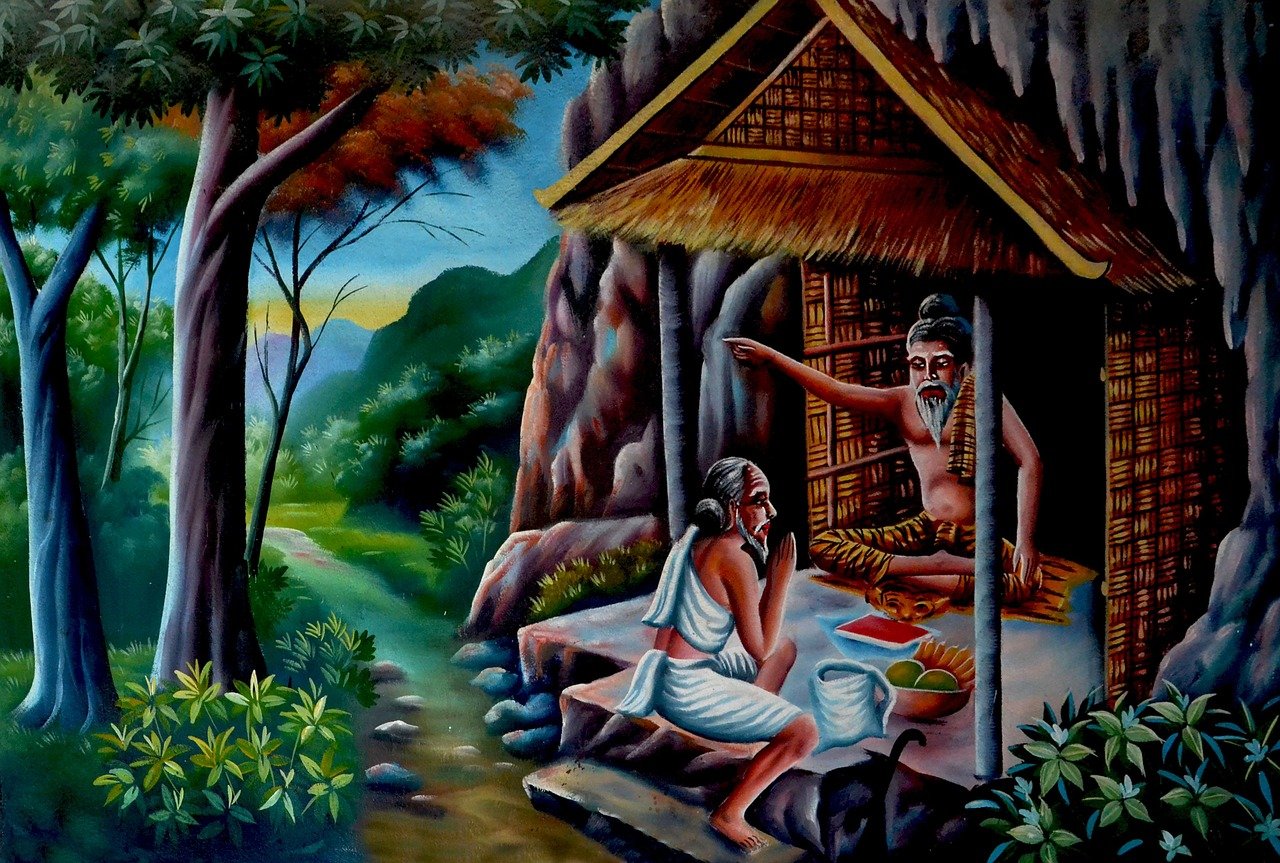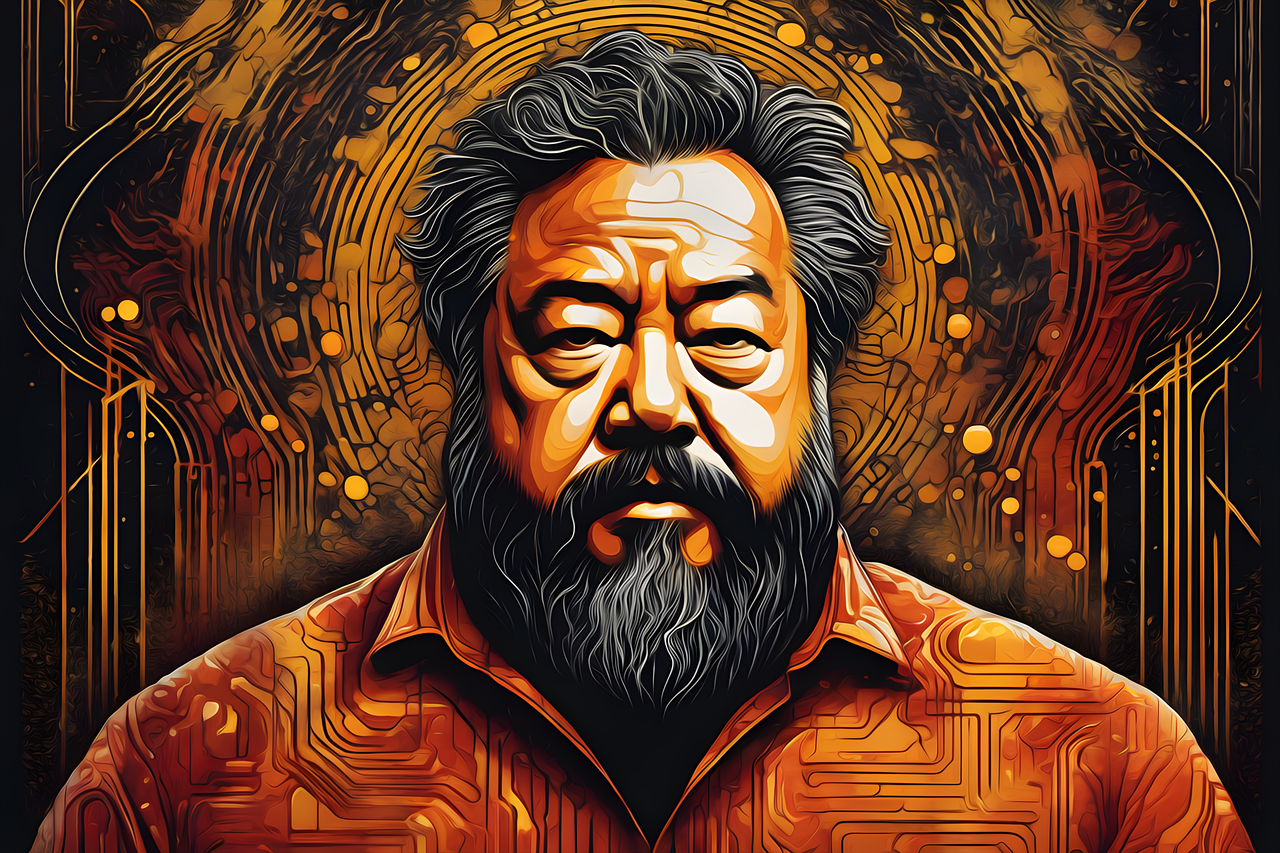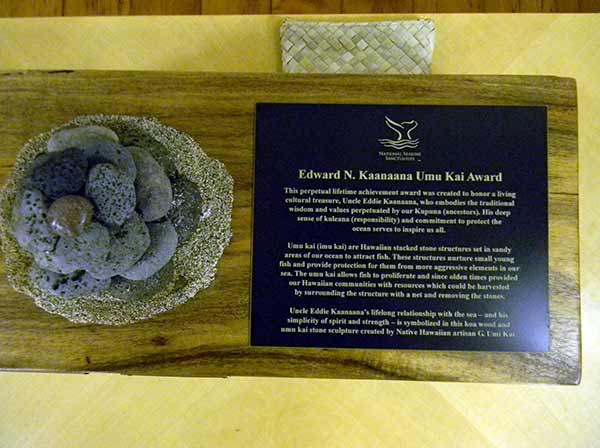Table of Contents
Nestled along the vast and remote expanses of Alaska’s western coastline, the Yupik Eskimos stand as a testament to the enduring resilience of indigenous cultures. For centuries, these communities have thrived in one of the harshest environments on Earth, relying on a deep well of traditional wisdom to navigate the challenges of the modern world. In this article, we delve into the remarkable story of the Yupik Eskimos, exploring their rich heritage, the wisdom of their ancestors, and how they harmonize tradition with the demands of the 21st century.
The Yupik Eskimos, situated along the rugged and secluded stretches of Alaska’s western coastline, offer an inspiring narrative of how indigenous cultures have not only persevered but also thrived amidst adversity. Their story is a testament to the profound resilience that has allowed them to endure for generations in one of the planet’s most challenging environments.
Inhabiting a region characterized by extreme cold, isolation, and a stunning but unforgiving natural landscape, the Yupik Eskimos have honed their skills and knowledge to a remarkable degree. Drawing upon an invaluable repository of traditional wisdom, they have developed a deep understanding of their environment and the delicate balance that sustains it. Their connection to the land and sea is not just a means of survival but a way of life deeply rooted in their cultural heritage.
The Yupik Eskimos’ rich heritage is a treasure trove of traditions, stories, and practices that have been passed down through the generations. Their cultural tapestry is woven with intricate knowledge of hunting, fishing, and crafting, all of which are essential for their subsistence and cultural identity. The wisdom of their ancestors serves as a guiding light in the modern world, reminding them of the importance of maintaining their connection to the land, respecting the creatures they share it with, and preserving their unique way of life.
In navigating the demands of the 21st century, the Yupik Eskimos face a delicate balancing act. They cherish their traditions while also embracing aspects of the modern world, such as education, technology, and healthcare. This harmonious coexistence of old and new is a testament to their adaptability and determination to ensure that their cultural flame continues to burn brightly for future generations.
As we delve deeper into the story of the Yupik Eskimos, we uncover not just a tale of survival but one of resilience, wisdom, and the enduring power of cultural heritage. Their ability to thrive in an environment that challenges even the most intrepid souls is a reminder of the remarkable diversity and strength of indigenous cultures around the world. Their story inspires us to honor and learn from the traditions of these communities, recognizing the invaluable lessons they offer in preserving our planet and enriching our shared human experience.
For additional details, consider exploring the related content available here The Dwellers Between: Yup’ik Shamans and Cultural Change in …
Heritage and Cultural Riches
The Yupik people are one of Alaska’s native groups, and their heritage is deeply rooted in the Arctic’s icy landscapes. Their traditional way of life revolves around subsistence hunting, fishing, and gathering. The intimate knowledge of their environment is a legacy passed down through generations, allowing them to sustain their communities in a land where others might struggle to survive.
One of the most striking aspects of Yupik culture is their rich oral tradition. For centuries, Yupik elders have passed down their wisdom through storytelling, myths, and legends. These narratives offer insights into the Yupik worldview, emphasizing the importance of respect for nature, community, and the interconnectedness of all living things.
Don’t stop here; you can continue your exploration by following this link for more details: Yupik People of Alaska | Tribe, Culture & Beliefs – Video & Lesson …

Challenges in the Modern Era
While the Yupik people have preserved their cultural identity with great tenacity, the modern world brings its own set of challenges:
nullYou can also read more about this here: Yup’ik Culture and Context in Southwest Alaska: Community …

Climate Change
The Arctic is on the frontlines of climate change, and the Yupik Eskimos are witnessing firsthand the effects of rapidly melting ice, changing weather patterns, and the disruption of traditional hunting and fishing practices.
As the Arctic stands sentinel on the frontlines of climate change, its inhabitants, particularly the Yupik Eskimos, bear witness to an unfolding environmental drama that carries profound implications for their way of life and cultural heritage.
Rapidly melting ice, once a stable platform for their hunting and travel, now thins and recedes at an alarming rate. The very essence of their Arctic world, the ice, is vanishing, making traditional activities like ice fishing and seal hunting increasingly perilous. Ice conditions have grown unpredictable, posing risks to those who venture out in pursuit of sustenance and cultural practices that have been passed down through generations.
The changing weather patterns in the Arctic have added another layer of uncertainty to the Yupik Eskimos’ daily lives. Unpredictable storms, shifting temperature extremes, and altered migration patterns of vital game species have made survival and subsistence more challenging than ever before. Traditional ecological knowledge, honed over centuries, must now adapt to these rapidly evolving conditions.
The disruption of traditional hunting and fishing practices, a cornerstone of Yupik culture, is deeply felt. It’s not merely a matter of sustenance but also a profound spiritual connection to the land and sea. The Yupik people’s relationship with their environment is one of reverence, where each animal taken is done so with respect and gratitude. As the delicate balance between humans and nature is disrupted, a sense of loss pervades the community.
Yet, amidst these challenges, the Yupik Eskimos exemplify resilience. They are at the forefront of efforts to adapt to the changing Arctic. They are exploring innovative techniques, harnessing modern technology, and collaborating with scientists and researchers to address the environmental shifts. Their deep knowledge of the land and its rhythms is invaluable in helping to monitor and understand the impact of climate change, both locally and globally.
Furthermore, the Yupik Eskimos’ stories and experiences resonate far beyond their communities. They serve as a poignant reminder that the consequences of climate change are not abstract but profoundly personal, affecting the lives and traditions of real people. Their voices and experiences contribute to the global discourse on climate change, emphasizing the urgency of addressing this crisis.
In conclusion, the Yupik Eskimos, like so many Arctic communities, find themselves at the forefront of climate change’s impact. Their firsthand experiences of melting ice, shifting weather, and disrupted traditions underscore the profound and immediate consequences of environmental change. Yet, their resilience and adaptation efforts offer hope and valuable lessons for all of humanity as we grapple with the challenges of a warming world.
To delve further into this matter, we encourage you to check out the additional resources provided here: Chapter 1

Socioeconomic Pressures
Remote Yupik communities often face limited access to healthcare, education, and job opportunities, contributing to economic disparities and challenges in accessing essential services.
The challenges faced by remote Yupik communities extend far beyond limited access to healthcare, education, and job opportunities. These communities grapple with a complex web of economic disparities and structural obstacles that profoundly impact their daily lives and long-term well-being.
Access to healthcare is a pressing concern in remote Yupik communities. Geographic isolation, harsh weather conditions, and a lack of healthcare facilities make it difficult for residents to receive timely medical attention. Even when healthcare is accessible, the quality of care may vary, resulting in health disparities that affect individuals’ life expectancies and overall health outcomes. Chronic conditions, mental health issues, and the high cost of healthcare services further compound the challenges these communities face.
The educational landscape in remote Yupik communities presents its own set of difficulties. Limited resources, including qualified teachers and modern educational facilities, can hinder the quality of education available to children and young adults. Remote communities often face difficulties retaining educators, which can disrupt students’ continuity in learning. This can contribute to educational gaps, making it challenging for youth to access higher education or pursue career opportunities beyond their communities.
Economic disparities in these communities are exacerbated by a lack of job opportunities. Many remote Yupik villages rely heavily on traditional subsistence activities, which can be vulnerable to climate change and environmental shifts. Seasonal employment opportunities are limited, leaving residents with few options for sustainable income. The resulting economic challenges can lead to poverty and food insecurity, affecting the overall well-being of families.
Access to essential services such as clean water, reliable infrastructure, and broadband internet can also be inconsistent in remote Yupik communities. These services are essential for modern living, from accessing information and education online to ensuring basic health and sanitation needs are met. The lack of infrastructure development and technological connectivity can further isolate these communities and limit their access to opportunities for economic development.
Addressing these multifaceted challenges requires a comprehensive approach. Investments in healthcare infrastructure, including telehealth services, can improve access to medical care. Educational reforms, such as teacher retention programs and culturally relevant curricula, can enhance the quality of education. Efforts to diversify the local economy, promote sustainable development, and expand access to training and job opportunities are vital for reducing economic disparities.
Furthermore, recognizing and respecting the cultural heritage of these communities is essential in any effort to improve their circumstances. Collaborative initiatives that involve local leaders and residents in decision-making processes can empower these communities to shape their own futures and strengthen their resilience in the face of ongoing challenges.
In conclusion, the obstacles faced by remote Yupik communities are deeply rooted in limited access to essential services, economic disparities, and structural challenges. Addressing these issues requires a holistic approach that prioritizes healthcare, education, economic development, and community empowerment. By working together with these communities and respecting their cultural heritage, it is possible to create a more equitable and prosperous future for all residents.
To delve further into this matter, we encourage you to check out the additional resources provided here: Alaska’s Wild Salmon

Cultural Preservation
As younger generations become more exposed to the outside world through education and technology, there is a growing concern about the potential erosion of traditional knowledge and practices.
The growing exposure of younger generations to the outside world through education and technology represents a double-edged sword. On one hand, it opens up a world of opportunities, enabling access to knowledge, diverse perspectives, and modern conveniences. On the other hand, it raises legitimate concerns about the potential erosion of traditional knowledge and practices, which are often the bedrock of cultural identity and resilience.
The Impact of Education: Education is a powerful tool for personal and societal advancement, offering young people the chance to acquire new skills and knowledge. However, as younger generations pursue formal education, there is a risk of prioritizing mainstream curricula over traditional teachings. This can lead to a gradual shift away from the values, languages, and practices passed down through generations.
Technology’s Influence: Technology, while offering numerous benefits, can also contribute to the erosion of traditional knowledge. Younger generations are often more engrossed in digital spaces, where they may be exposed to globalized cultures that prioritize homogeneity over diversity. The allure of screens and virtual spaces can distract from or even replace the traditional learning experiences that have sustained communities for centuries.
Language and Communication: Language is a vital aspect of culture, and the spread of global languages can displace native tongues. With younger generations more inclined to use dominant languages in their daily lives, there is a risk of reduced fluency in indigenous languages. This can result in a loss of unique cultural nuances, oral histories, and storytelling traditions.
Community Resilience: Traditional knowledge is often deeply rooted in the understanding of local ecosystems, sustainable practices, and natural resource management. As younger generations drift away from these teachings, there can be a detrimental impact on the ability of communities to adapt to environmental changes, which are becoming more frequent and severe due to climate change.
The Role of Elders: Elders and traditional leaders play a critical role in passing down knowledge and practices. However, as younger generations move away for education and employment opportunities, there may be fewer opportunities for direct intergenerational transmission. This could result in a widening generation gap in terms of cultural understanding and continuity.
Finding Balance: Balancing the benefits of modern education and technology with the preservation of traditional knowledge is a complex challenge. Communities must actively engage in strategies that foster this balance. This could involve incorporating traditional teachings into formal education, creating digital spaces that promote cultural heritage, and encouraging the active participation of elders in mentoring younger generations.
Cultural Revitalization: Many indigenous communities are taking proactive steps to revitalize their cultures. Cultural events, language immersion programs, and community-driven initiatives are helping to ensure that traditional knowledge remains relevant and vibrant in the lives of younger generations.
In conclusion, the growing exposure of younger generations to the outside world through education and technology is a reality of our interconnected world. While this exposure brings undeniable benefits, it also necessitates a thoughtful and concerted effort to protect and preserve traditional knowledge and practices. Finding innovative ways to bridge the gap between the old and the new is essential to ensure that cultural heritage remains a source of strength and resilience for indigenous communities in an ever-changing world.
To expand your knowledge on this subject, make sure to read on at this location: The Dwellers Between: Yup’ik Shamans and Cultural Change in …

Navigating Tradition and Modernity
Despite these challenges, the Yupik Eskimos remain steadfast in preserving their way of life while adapting to the modern world:
nullYou can also read more about this here: Indigenous knowledge for climate change assessment and adaptation

Cultural Revival
Efforts are underway to revitalize Yupik languages and cultural practices. Schools offer bilingual education programs, and cultural centers are established to ensure the transmission of traditional knowledge.
Efforts to revitalize Yupik languages and cultural practices represent a crucial movement aimed at preserving the rich heritage of the Yupik people, whose unique traditions have endured for generations. In an era marked by cultural globalization and linguistic homogenization, these endeavors are more significant than ever.
One key component of this revitalization is the introduction of bilingual education programs in Yupik communities. These programs play a pivotal role in fostering a sense of pride and identity among young Yupik students while simultaneously equipping them with the tools to navigate the modern world. By imparting both their native language and English, students gain a valuable skill set that allows them to communicate effectively in their communities and beyond.
Moreover, cultural centers have become vital hubs for the transmission of traditional knowledge. These centers serve as living repositories of Yupik history, art, storytelling, and craftsmanship. Elders and cultural experts often lead workshops and mentor younger generations, passing down essential skills and wisdom. Through these immersive experiences, Yupik youth connect with their roots and develop a profound appreciation for their culture.
In addition to formal education and cultural centers, the Yupik people are using modern technology to their advantage. Digital resources, including online language courses and interactive cultural exhibitions, bridge generational gaps and reach a broader audience. These initiatives ensure that the Yupik culture remains dynamic and relevant in today’s rapidly changing world.
Furthermore, collaborations between Yupik communities and governmental agencies have led to the recognition and protection of sacred sites and natural resources that hold cultural significance. These partnerships strengthen the connection between the land and the people, emphasizing the Yupik worldview that harmonizes with nature.
The revitalization efforts also extend beyond the local communities, engaging with the broader world through art exhibitions, cultural festivals, and educational outreach. By sharing their unique traditions, Yupik communities create bridges of understanding and respect among diverse cultures, fostering a deeper appreciation for the importance of preserving indigenous knowledge.
In conclusion, the ongoing efforts to revitalize Yupik languages and cultural practices are essential not only for the survival of their heritage but also for enriching the tapestry of global diversity. These initiatives empower Yupik youth, instilling in them a sense of identity and pride while also serving as a reminder to the world of the enduring importance of preserving indigenous cultures.
To delve further into this matter, we encourage you to check out the additional resources provided here: Yup’ik Culture and Context in Southwest Alaska: Community …

Climate Change Adaptation
Yupik communities are at the forefront of climate change adaptation. They are developing innovative strategies to cope with environmental shifts while advocating for global action to address climate change.
Yupik communities, positioned in the heart of the rapidly changing Arctic, have emerged as pioneers in the critical realm of climate change adaptation. As the effects of global warming escalate, these indigenous groups have been compelled to employ innovative strategies that not only protect their own communities but also provide valuable insights for global climate action.
Traditional Ecological Knowledge: The Yupik people have long held a deep understanding of their environment, and they’re harnessing this traditional ecological knowledge to adapt to changing conditions. Elders and community members are collaborating to document and pass on their insights about the shifting behavior of wildlife, ice patterns, and seasonal changes. This knowledge serves as a valuable resource for understanding the broader impacts of climate change.
Sustainable Resource Management: Yupik communities are developing sustainable resource management practices to safeguard their traditional hunting and fishing grounds. They are pioneering adaptive harvest strategies that ensure the long-term viability of key species while respecting ecological balance. These practices not only secure their food supply but also contribute to overall biodiversity conservation.
Innovative Housing Solutions: The Yupik people are addressing the pressing issue of coastal erosion and thawing permafrost by exploring innovative housing solutions. They are developing energy-efficient and resilient homes that can withstand the harsh Arctic conditions while minimizing their carbon footprint.
Community Resilience: The sense of community among the Yupik people is a formidable asset in their climate change adaptation efforts. They are coming together to share resources, knowledge, and experiences, thereby enhancing the resilience of their communities. This communal support is instrumental in overcoming the challenges posed by a changing climate.
Advocacy for Global Action: The Yupik people recognize that their struggles are not isolated but are emblematic of the broader climate crisis. They are actively engaging in climate advocacy, collaborating with national and international organizations to raise awareness about the impacts of climate change in the Arctic and to push for global climate action. Their voices resonate as powerful advocates for environmental conservation.
In conclusion, the Yupik communities of Alaska serve as inspirational trailblazers in the realm of climate change adaptation. Their combination of traditional wisdom, innovative practices, and advocacy efforts not only help protect their unique way of life but also contribute valuable lessons to the global fight against climate change. As we face the escalating challenges of a warming planet, the Yupik people’s experience showcases the importance of incorporating indigenous knowledge and community resilience into our strategies for a sustainable and climate-resilient future.
For a comprehensive look at this subject, we invite you to read more on this dedicated page: Pektayiinata = We are Resilient – Oscarville Tribal Climate …

Community Resilience
The strong sense of community among Yupik people fosters resilience. They support each other through the challenges they face, ensuring that their cultural identity remains intact.
The remarkable cohesion within the Yupik community is a beacon of resilience, illuminating the profound strength that emerges when individuals unite for a common cause. This sense of unity, deeply ingrained in their cultural fabric, is a testament to their enduring spirit and their unwavering commitment to preserving their heritage.
In the vast and often harsh landscapes of Alaska, where nature can be both beautiful and unforgiving, the Yupik people have found solace and strength in their close-knit communities. Their ability to support one another through the formidable challenges they face is nothing short of inspiring. It’s a reflection of their shared history and the knowledge that their cultural identity is a treasure worth safeguarding for future generations.
In Yupik villages, cooperation is not just a necessity; it’s a way of life. The intricate web of relationships woven through families, extended families, and communities forms the backbone of their resilience. Together, they navigate the complexities of contemporary issues such as climate change, economic shifts, and cultural preservation. In facing these challenges collectively, they find the strength to adapt and persevere.
One of the most striking aspects of Yupik resilience is their commitment to passing down their traditions and values to younger generations. Elders play a central role in this process, serving as invaluable repositories of wisdom and knowledge. Through storytelling, dance, art, and everyday interactions, they ensure that the cultural flame continues to burn brightly. This intergenerational exchange not only strengthens the bonds within the community but also empowers the youth to embrace their heritage with pride and confidence.
The Yupik’s unwavering dedication to preserving their cultural identity holds a valuable lesson for the world. It underscores the importance of nurturing and sustaining a sense of community, particularly in an era marked by global connectivity but also increasing isolation. The Yupik show us that genuine support and mutual care can help us confront even the most formidable challenges.
Furthermore, their story serves as a reminder that indigenous communities worldwide are not merely guardians of their own traditions but also repositories of invaluable knowledge about living in harmony with the environment. As our planet grapples with environmental crises, the Yupik’s deep connection to the natural world offers insights into sustainable living and the vital importance of protecting the ecosystems that sustain us all.
In conclusion, the Yupik people’s strong sense of community is a wellspring of resilience, enabling them to overcome challenges while preserving their cultural identity. Their example teaches us the enduring power of unity and the importance of nurturing our own communities, whether they are small villages or global networks, as we navigate the complexities of an ever-changing world.
Explore this link for a more extensive examination of the topic: 11 Fascinating Facts About Central Alaskan Yup’ik – Facts.net

The Yupik Eskimos of Alaska represent a remarkable example of a culture that has successfully adapted to the demands of a modern world while holding onto the wisdom of their ancestors. Their story is one of resilience, community, and a deep connection to the land and sea. As the challenges of climate change and globalization continue to mount, the Yupik Eskimos serve as a source of inspiration, reminding us of the value of traditional wisdom and the importance of preserving indigenous cultures in a rapidly changing world. Their enduring legacy stands as a testament to the power of culture and community in the face of adversity.
nullAdditionally, you can find further information on this topic by visiting this page: Yup’ik Culture and Context in Southwest Alaska: Community …
More links
You can also read more about this here: Alaska Native Elders’ perspectives on dietary patterns in rural …
